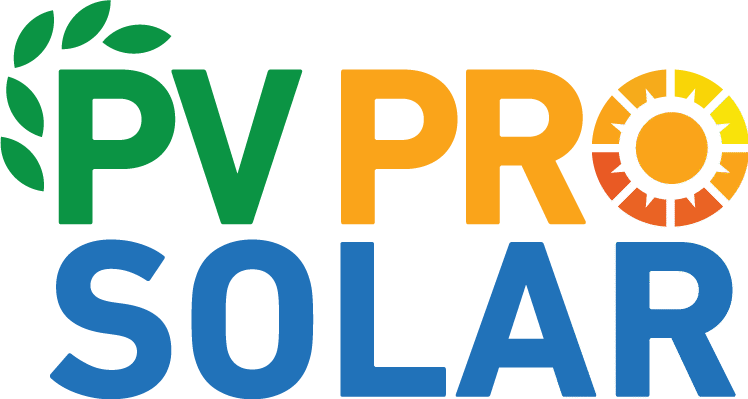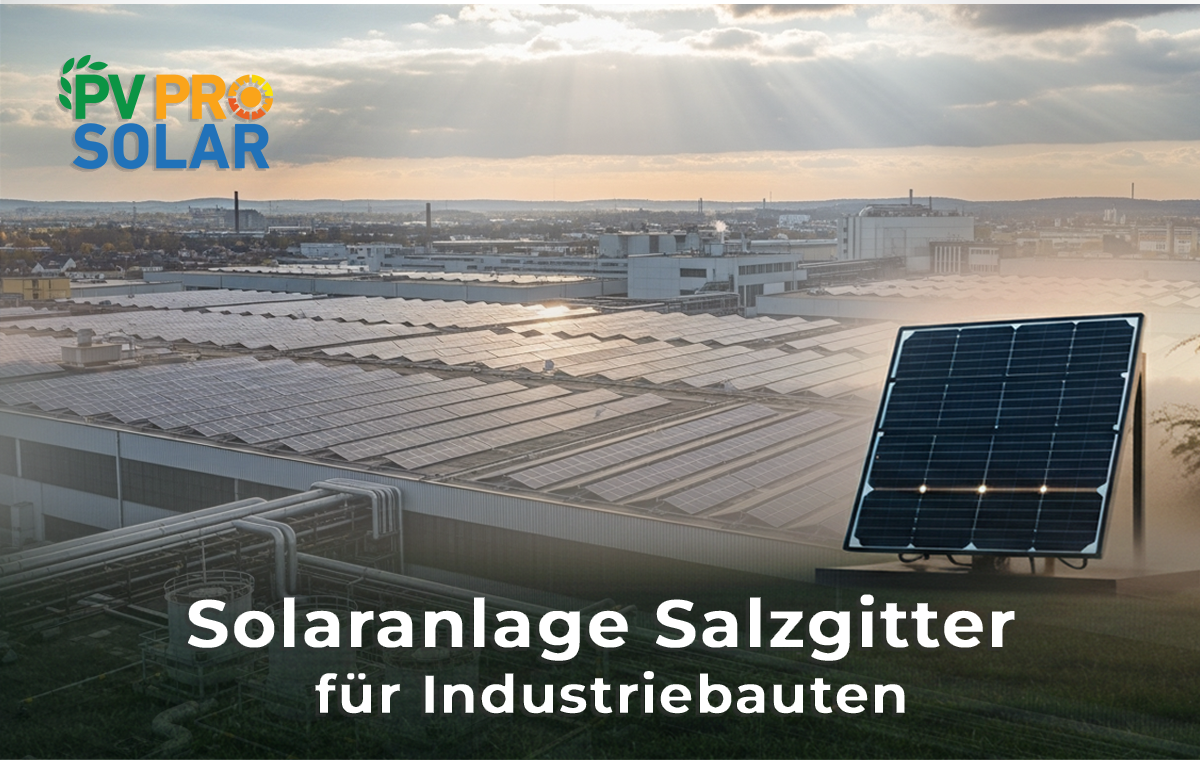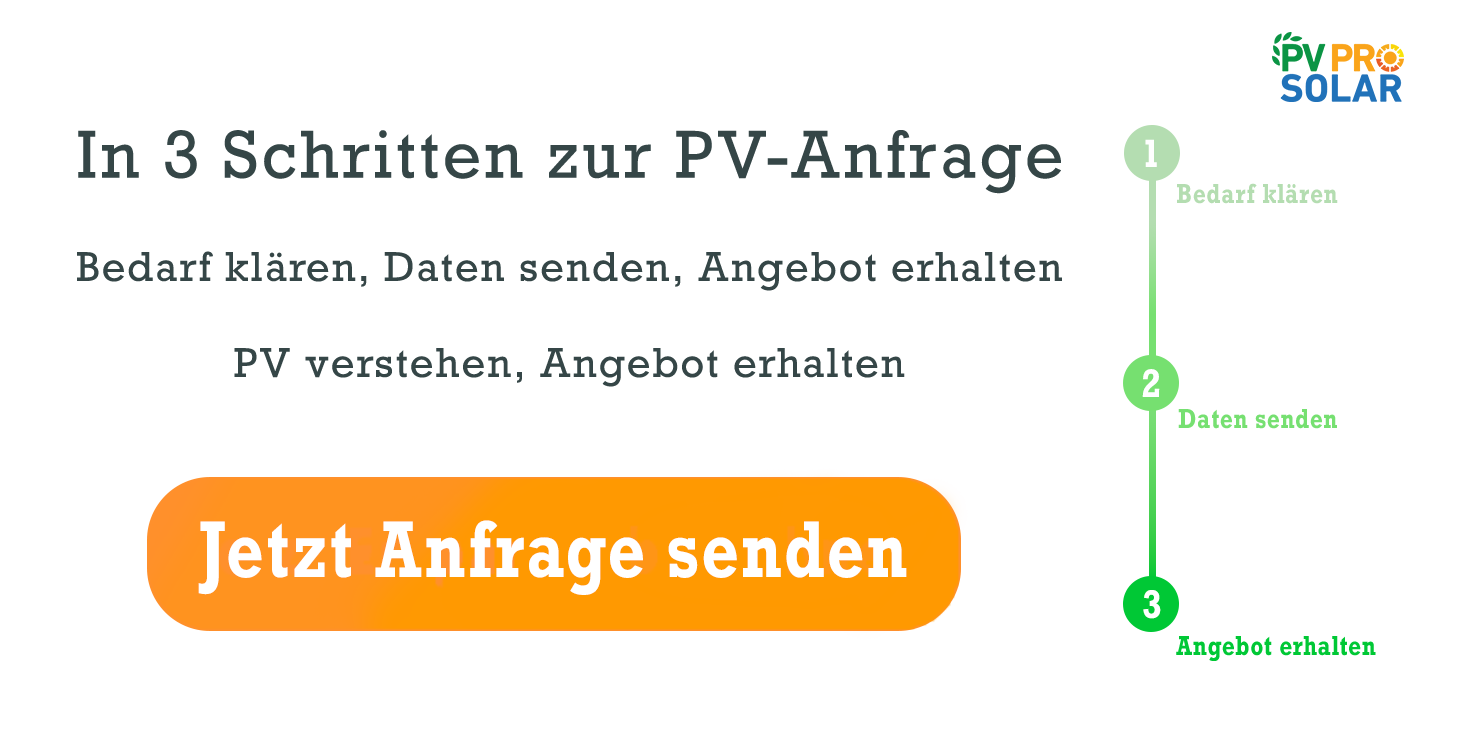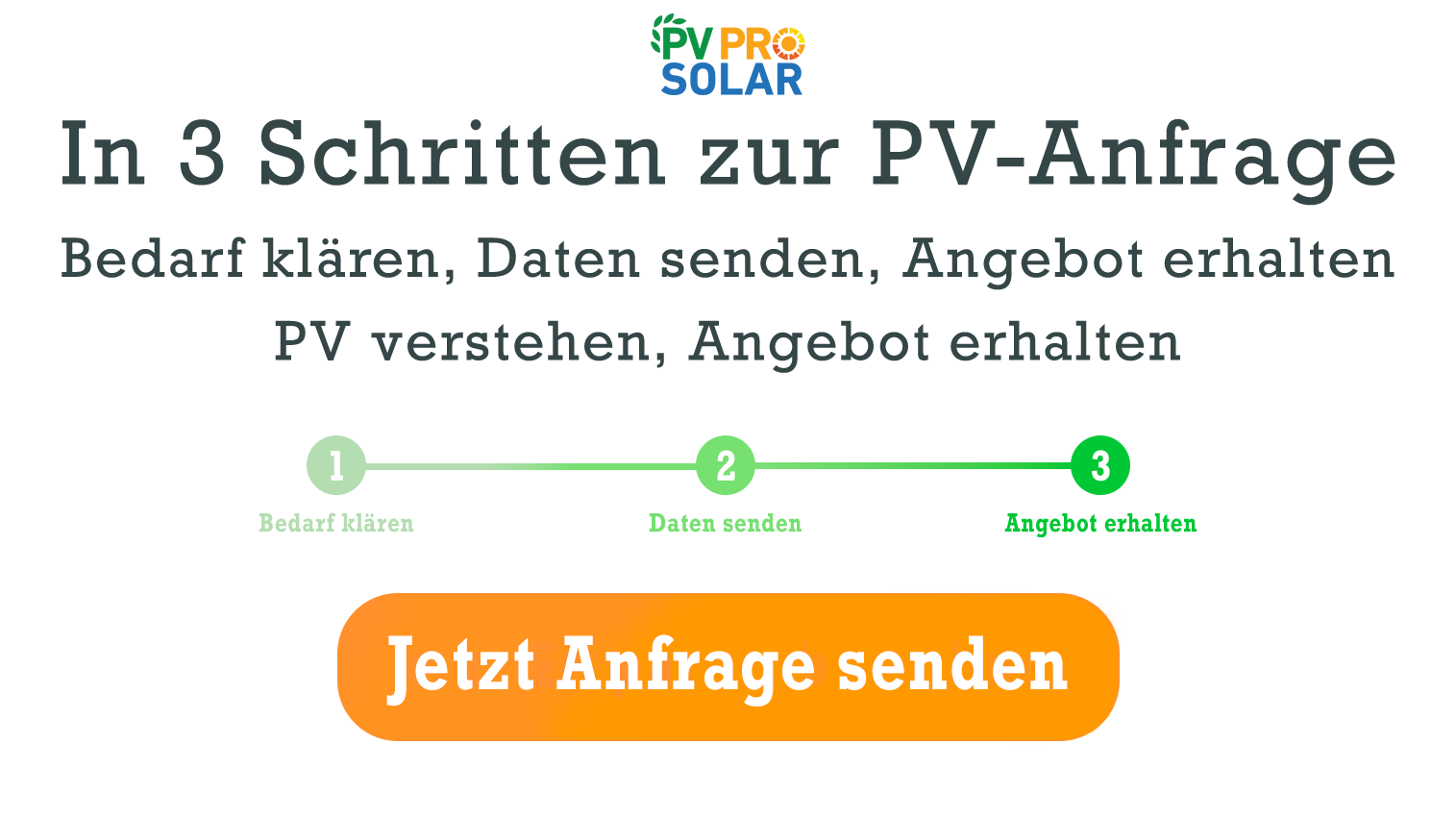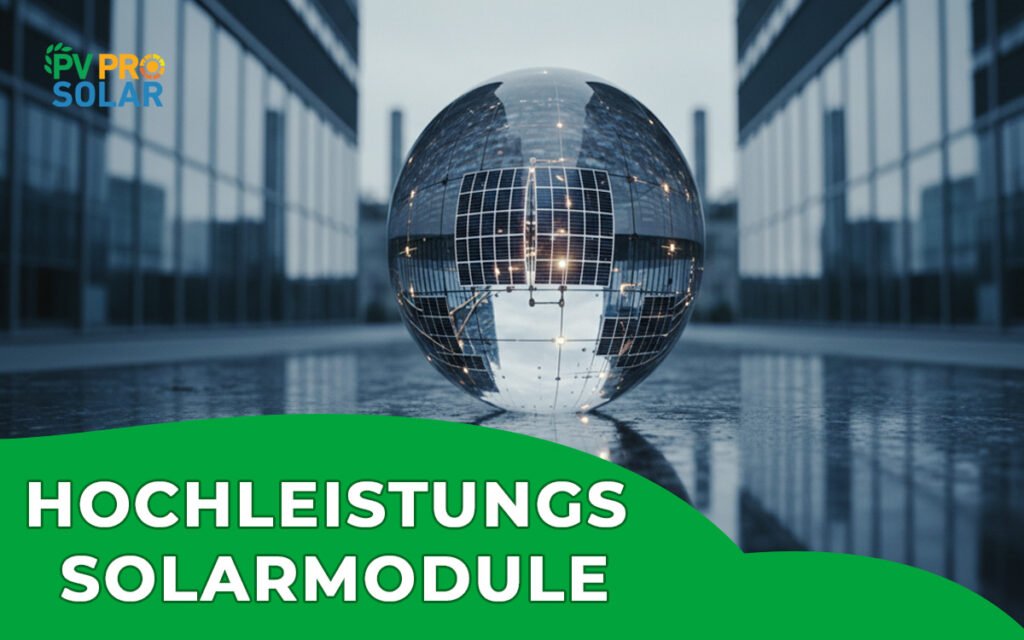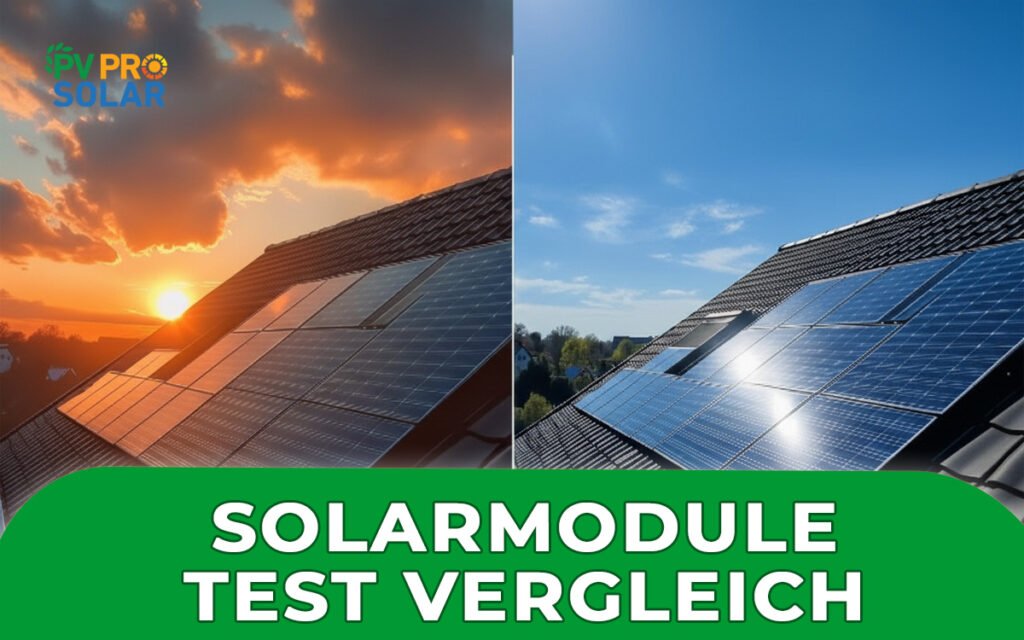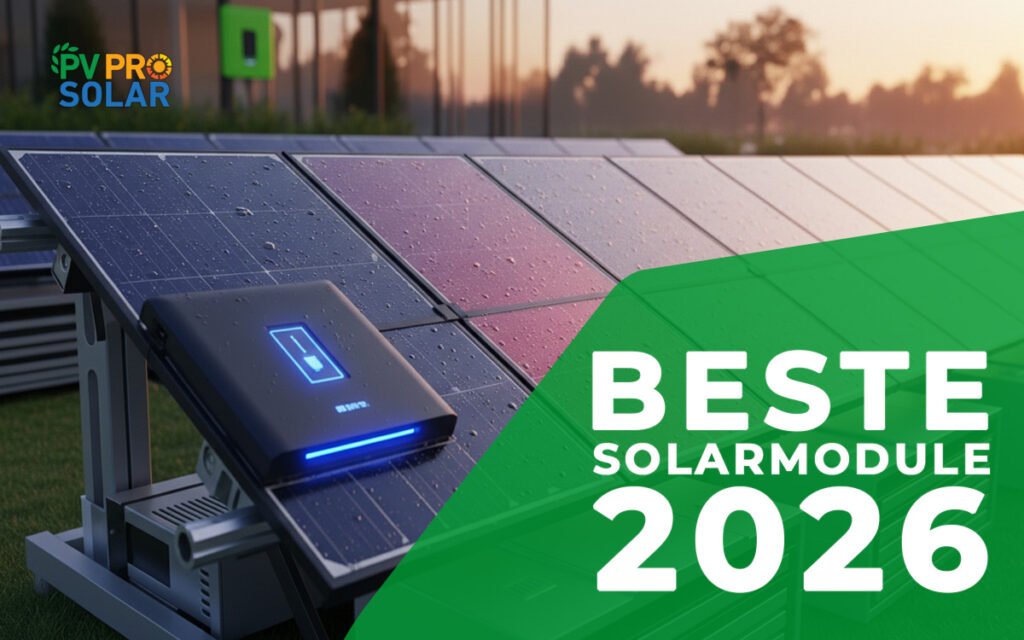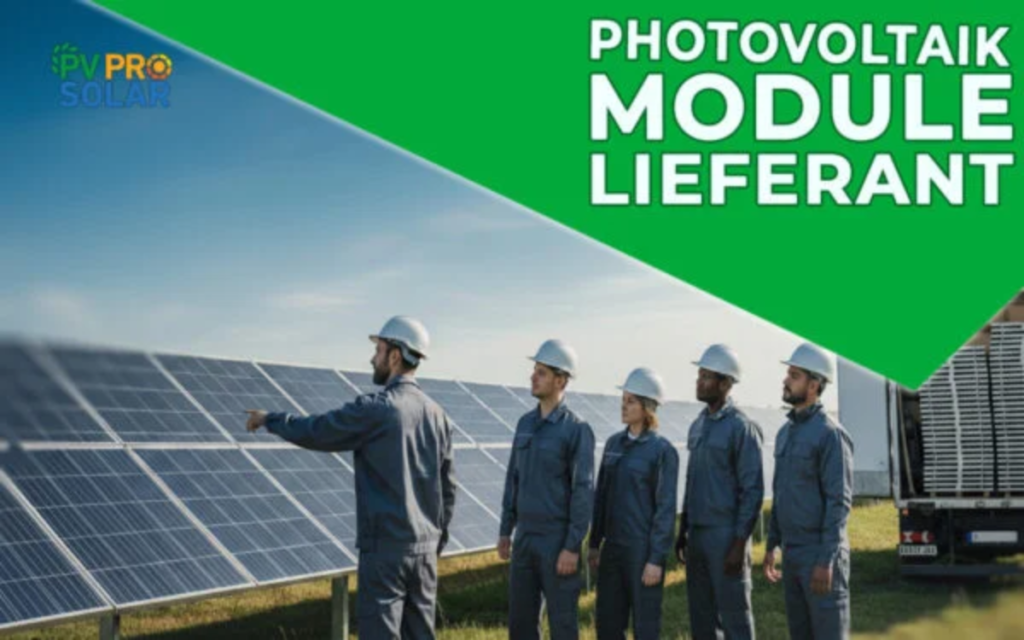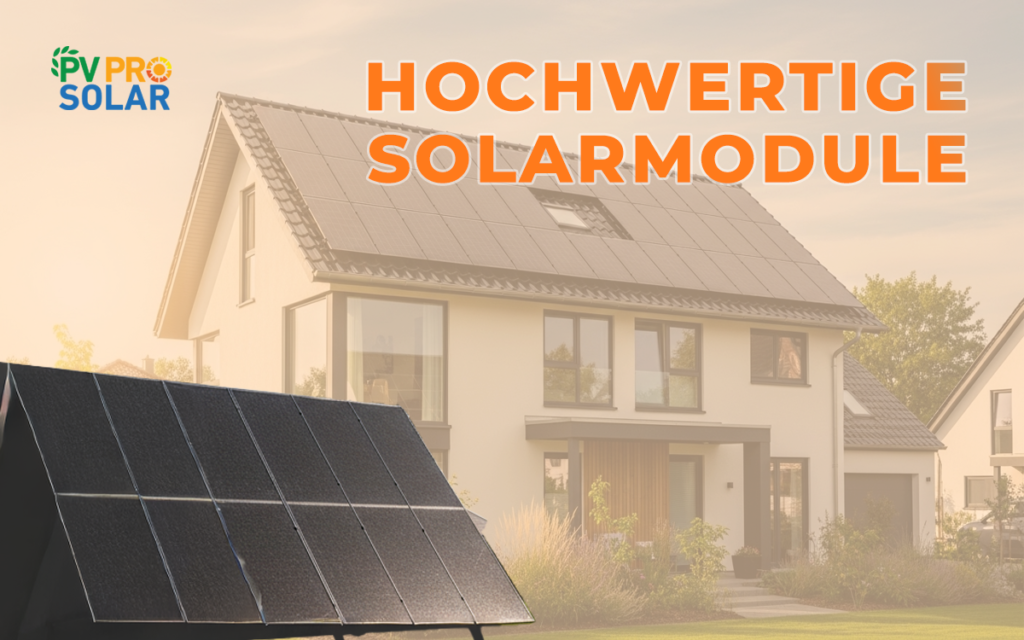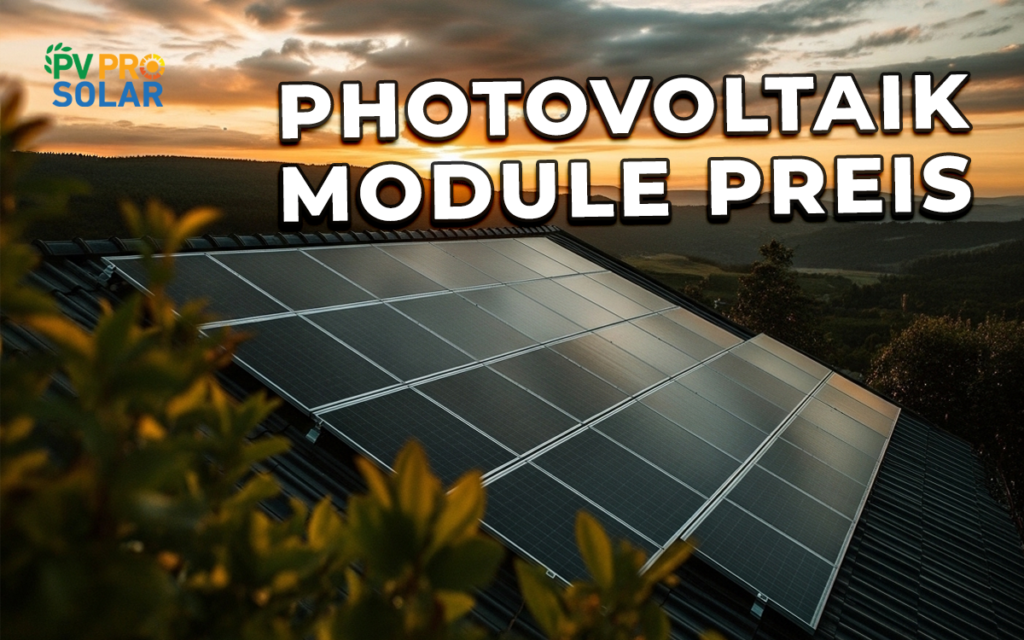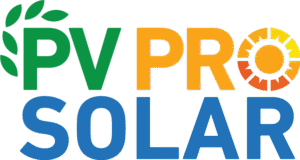Solar Panel in Salzgitter for Industrial Buildings: Is it worthwhile?
Solar panel installation in Salzgitter for industrial buildings presents a forward-thinking solution to the ongoing energy transition—especially in cities like Salzgitter, where industrial growth and sustainability must go hand in hand. Businesses face increasing pressure to improve energy efficiency while reducing operational costs. Installing photovoltaic (PV) systems on industrial rooftops offers a sustainable, cost-effective way forward. This article outlines the key benefits, profitability, legal framework, and technical requirements for solar panel systems on industrial buildings in Salzgitter.
What are the benefits of installing solar panels on industrial buildings in Salzgitter?
Installing solar panels on industrial buildings in Salzgitter provides numerous advantages for the industrial sector, particularly for large-scale facilities such as warehouses and production plants. These systems enable:
- Long-term reduction in electricity costs through on-site consumption of generated solar energy
- Enhanced green image and sustainability credentials, especially valuable in B2B relationships across Germany
- Reduced reliance on the energy market, mitigating exposure to price fluctuations
- Increased property value by utilizing unused rooftop areas for solar panel installation
- Efficient use of building space—Salzgitter’s industrial buildings often feature large flat roofs, ideal for high-capacity solar panel systems with strong annual energy output
By implementing PV systems, industrial operators can better align with the green energy goals of Lower Saxony and beyond.
How profitable is a solar panel installation in Salzgitter for industrial buildings?
Salzgitter, located in Lower Saxony, offers favorable conditions due to its high annual solar irradiation and strong industrial infrastructure. With electricity prices ranging from €0.25 to €0.35 per kWh, well-dimensioned PV systems can deliver annual savings exceeding €10,000—depending on consumption patterns, system design, and scale.
Simplified ROI Calculation:
- Investment costs: approx. €80,000 for a 100 kWp system
- Annual savings: approx. €12,000–15,000
- Payback period: 6 to 8 years
- System lifespan: over 25 years
These figures highlight how solar installations can serve as a self-managed, efficient energy source for industrial properties.
What technical requirements must be met?
Before installing solar panels, several technical assessments must be completed to ensure optimal system performance on industrial buildings:
- Structural analysis of the building or warehouse roof to confirm it can support panels and mounting systems
- Grid compatibility: Coordination with the local utility provider, Avacon, to ensure connection and compliance
- Consumption profile assessment: Especially relevant for operations with high daytime electricity demand from production machinery
- Compliance with DIN-VDE standards for electrical safety and accessibility
A professional full-service provider like PVPro Solar GmbH ensures that all evaluations are handled thoroughly and in line with German industry standards.
What role does on-site electricity consumption play in industrial PV systems?
On-site consumption—also known as self-consumption—is central to the financial success of industrial solar energy systems:
- The more electricity consumed directly on-site, the greater the cost savings
- Surplus energy can be fed into the grid and compensated under the Renewable Energy Act (EEG)
- Intelligent load management systems ensure efficient energy distribution, for example to EV charging stations or automated machinery
High levels of self-consumption contribute to greater system resilience, improved profitability, and a more stable energy supply.
What energy storage solutions are suitable for industrial buildings in Salzgitter?
For industrial facilities in Salzgitter, integrating energy storage can be a game-changer. These systems:
- Reduce peak load charges by flattening consumption spikes
- Maximize the use of self-generated solar power before feeding excess into the grid
- Enhance grid independence during critical operations and emergency situations
- Work in synergy with electric mobility and hydrogen infrastructure as part of next-generation industrial transformation
Typical setups include lithium-ion battery systems starting at 50 kWh, which can be scaled to meet the energy needs of various operations.
What should be considered when planning a solar panel installation in Salzgitter for industrial buildings?
Successful planning of a solar energy system for industrial use involves:
- Detailed analysis of current and future energy needs
- Inspection of roof structure and orientation to ensure viability
- Use of simulation software to predict solar yield and performance
- Strategic guidance on funding programs, subsidies, and applicable tax models in Germany
- Selection of high-performance modules and inverters for efficiency and durability
- Integration of battery and hydrogen-based storage options for enhanced flexibility
PVPro Solar GmbH offers these services as part of a fully managed, end-to-end solution—ensuring a smooth transition to efficient and connected solar energy.
What is the process for installing a commercial solar panel system in Salzgitter?
The installation process typically follows these steps:
- On-site visit & technical concept based on rooftop conditions and energy requirements
- Structural and grid compatibility checks to ensure safe and efficient operation
- Offer preparation & contract signing with detailed timelines and technical specifications
- Permit applications & registration to meet legal and utility requirements
- Installation phase lasting 2–5 weeks, depending on system size and logistics
- Commissioning and system monitoring, with seamless integration into existing operations
After installation, PVPro Solar also manages system monitoring and maintenance for long-term performance.
What legal and tax considerations are relevant for businesses?
Key financial and legal advantages include:
- Tax-free feed-in tariffs for systems up to 30 kWp under §3 No. 72 EStG
- Depreciation benefits (AfA) and VAT deduction options for commercial PV investments
- No trade tax liability on feed-in revenues (typically measured in GWh annually)
- Strong legislative support for gigawatt-scale expansion of renewable infrastructure
Engaging a tax advisor during the early stages of planning is recommended. PVPro Solar can connect you with experienced professionals for tailored advice.
How does PVPro Solar GmbH specifically support industrial clients in Salzgitter?
PVPro Solar GmbH provides comprehensive support for industrial solar projects, including:
- Customized consultation and site analysis, including wind and solar potential
- Full-service project management from concept to commissioning
- Assistance with regulatory registration, funding applications, and equipment sourcing
- Ongoing maintenance and monitoring using real-time performance data
- Use of high-efficiency modules and automated production processes for optimal output
By combining deep technical expertise with local market insight, PVPro Solar ensures reliable and cost-effective solar solutions. Salzgitter offers ideal conditions for industrial businesses to benefit from the green energy transition.
Solar panel installation in Salzgitter for industrial buildings not only reduces electricity costs but also improves energy independence and sustainability credentials. With an experienced partner like PVPro Solar GmbH, projects are implemented efficiently—with access to subsidies, professional planning, and long-term service. Now is the right time to invest in clean energy for your industrial facility—especially in Salzgitter.
Typically within 6 to 8 years, depending on self-consumption levels, funding availability, and system size. After that, electricity is generated at virtually no cost.
Yes. PV system investments are tax-deductible, and feed-in revenues up to 30 kWp are tax-free. Commercial users may also reclaim input VAT. How quickly does a solar system pay for itself in Salzgitter?
Can I claim tax benefits for the solar panel installation?
